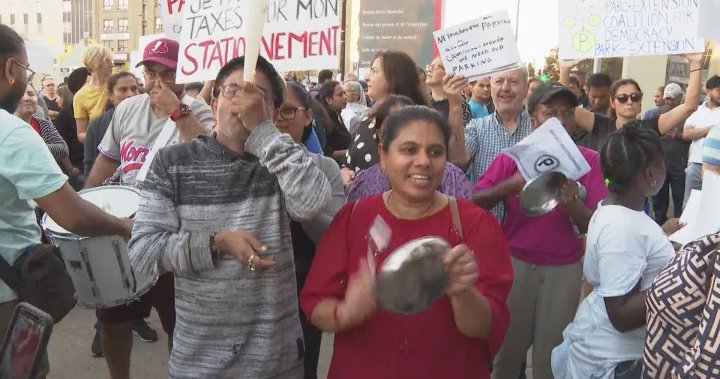Montreal is easily one of the most bike-friendly cities in North America, and yet even here we have carbrains who feel perpetually entitled to 250 parking spaces (the amount removed for the new bike lane) over the needs of everyone else. Clearly someone felt so strongly entitled to their parking that they threw thumbtacks in the new bike lane.



Cyclists subsidize motorists. Cyclists pay more into the system than they cost, motorists pay far far less. The needs of cyclists should always come before the needs of motorists. That is just basic decency and fairness.
Spot on. Like that saying goes, when you’re accustomed to privilege, equality feels like oppression.
I would argue that’s overly simplistic. In Melbourne, where I’m from, cycling infrastructure is passable in the inner city suburbs where house prices
average well over a million dollarsvery high, and effectively only available to wealthier people. The outer suburbs, where there is no cycling infrastructure and limited public transport but affordablish housing, life is such that cars are necessary.In cases such as this, motorists subsidizing cyclists is the rich being subsidized by the poor. I would far prefer a system where cyclists (and public transit) are subsidized by the rich, and longer term plans are implemented to remove the mandate of cars to the working poor, which in my example would mean current cyclists funding current motorists (with an intention to convert them to former motorists).
I don’t see how this addresses my point so allow me to restate it. When there is a conflict or compromise over limited resources between a vulnerable class of travelers that pay more than their own way and a privileged class that enjoy public subsidy, the former class should clearly receive priority. What is the conflict you are trying to highlight, where everyone’s needs could not be met if Melbourne cared to try?
Right, your statement that currently cyclists subsidized driver’s isn’t being disputed, nor is the fact that cars cost more to service associated infrastructure (as for some reason other replies are arguing).
My point is that in many places, cycling is only an option for the wealthy due to a lack of infrastructure in poorer areas. Melbourne could meet everyone’s needs if it cared to try, however it currently does not, which is to the detriment of the the less privileged and that is the point I am making.
Relative to motor vehicles cyclists cause zero damage to roads. All pay taxes. Motorists are therefore subsidized by cyclists.
Melbourne’s bike network is extensive and goes through many areas of the city. Not just to million dollar homes.
Many people ride bikes because they can’t afford cars.
Suburbia is further subsidized by cities and North American suburbs should never have existed in the way that they do.
Everything about your logic is backwards and focused on car drivers and suburbanites experiencing no discomfort during a transition to sustainability while all discomfort is placed on others.
This is not at all in dispute.
I don’t agree with this. The inner suburbs have good bike lanes, places like pakenham or cragieburn do not. I admit the million dollar number was a bad way of phrasing what I actually mean (and distracts because it’s a wrong claim), which is unaffordable. Yes you can safely ride from like glenroy which is well connected with bike lanes, but family homes in glenroy exceed $800k which is ludicrous for a low income family.
Absolutely. Many others drive cars because they can’t afford to live close enough to the city for riding to be safe and practical. Different housing needs drive different outcomes here.
Absolutely agree. However they do and a conscious, deliberate effort is needed over time to correct this.
A lot of your points I unreservedly agree with, so if you feel they have anything to do with my logic then your contradicting yourself. In your whole.paragraph there’s only a single point that I don’t agree with.
https://en.wikipedia.org/wiki/Fourth_power_law